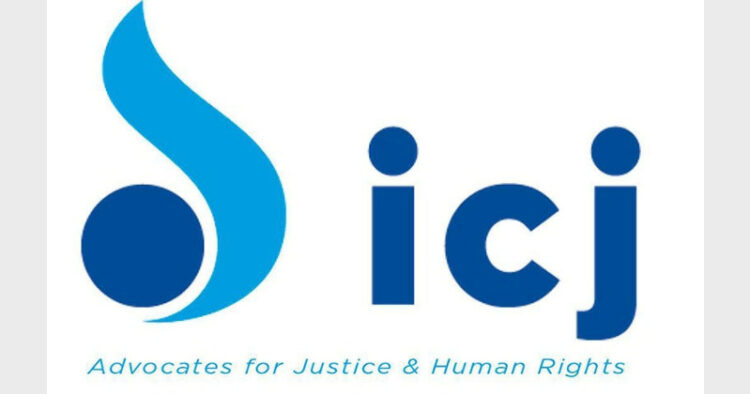Nirendra Dev
The ICJ's briefing paper analyzes and makes recommendations about violations of the right to freedom of religion or belief in Pakistan.
New Delhi: The Government of Pakistan must urgently respond to the serious and ongoing persecution of individuals from religious minority groups by 'State and non-State actors,' the global body, the International Commission of Jurists (ICJ), said in a news briefing paper.
"The Pakistani authorities have shamefully failed to address the repeated calls to curb the longstanding violations of the right to freedom of religion or belief, including many instances of persecution of religious minority groups," said Sam Zarifi ICJ's Secretary-General.
"It is time the Pakistani authorities take these human rights abuses seriously–dismissing the truth about the persecution of religious minorities in Pakistan and calling them 'isolated incidents' that are used to give a bad name to the country only emphasizes the failures of the Pakistani Government," said Zarifi.
The ICJ's briefing paper analyzes and makes recommendations about violations of the right to freedom of religion or belief in Pakistan in the following contexts: – Offences against religion–so-called blasphemy laws–and their implementation in practice; The persecution of Ahmadis, including the criminalization of the public manifestation and practice of their faith; and reports of forced conversions of girls belonging to minority religions, often followed by their marriage to Muslim men.
For years now, UN human rights mechanisms and experts, including the UN Human Rights Committee and the UN Special Rapporteur on freedom of religion or belief, have expressed concern regarding violations of freedom of religion or belief in Pakistan. Both the Human Rights Committee and the Special Rapporteur on freedom of religion or belief have previously recommended that Pakistan repeal or amend its so-called blasphemy laws under its human rights obligations.
With its headquarters in Geneva, the International Commission of Jurists (ICJ) is an international human rights non-governmental organization.
It is a standing group of 60 eminent jurists, including senior judges, attorneys, and academics who develop national and international human rights standards.
The Central Intelligence Agency initially partially funded the ICJ through the American Fund for Free Jurists, but it is said that many ICJ members did not know the CIA's role.
It is also stated that American founders like Allen Dulles and John J. McCloy conceived it as a counter to the International Association of Democratic Lawyers controlled by the Soviet Union.
A former CIA officer Philip Agee considered the ICJ was "set up and controlled by the CIA for propaganda operations."
Reiterating the need to repeal the blasphemy laws and prevent their misuse, the ICJ also has recommended abolishing the mandatory death penalty.













Comments